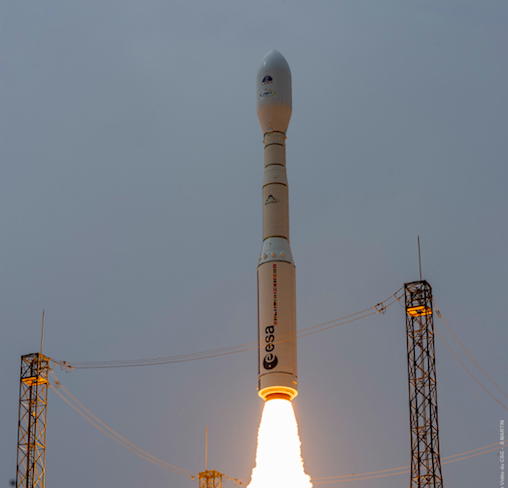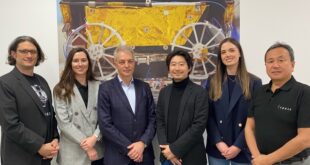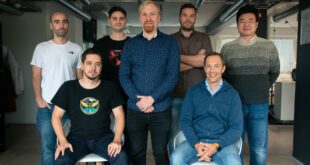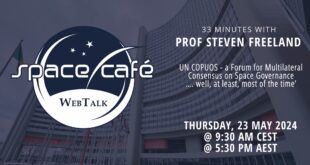
Ibadan, 2 May 2024. – The European Space Agency (ESA) has secured the launch of “Smile” on a Vega-C from Europe’s Spaceport in French Guiana, currently expected for late 2025. Smile is a collaboration between ESA and the Chinese Academy of Sciences (CAS). Standing for “Solar wind Magnetosphere Ionosphere Link Explorer”, it aims to enable a better understanding of the interaction between the Sun and Earth.
Vega-C will consequently place Smile in a low-Earth orbit, from which the spacecraft will propel itself to high-Earth orbit. In this final, egg-shaped orbit, Smile will fly around the Earth roughly every two days. It will travel out to around 121,000 km from Earth’s surface for a prolonged view of the north polar regions before approaching 5000 km to download its data to ground stations in Antarctica and China.
The unique orbit will allow scientists to observe important regions in near-Earth space for more than 40 hours at a time. Smile will take the first X-ray images and videos showing the solar wind slamming into Earth’s protective magnetic bubble. Its complementary ultraviolet images will provide the longest-ever continuous look at the northern lights.
In autumn 2024, the European and Chinese sections of the spacecraft will arrive at ESA’s technical center, ESTEC. There, they will join the two sections of the spacecraft together and undergo testing as a complete unit for the first time. The spacecraft will then travel from ESTEC to Europe’s Spaceport in French Guiana.
Smile marks the first time that ESA and China jointly select, design, implement, launch and operate a space science mission. In addition to the launch, ESA is responsible for Smile’s payload module (which hosts its scientific instruments), the spacecraft test facilities, the primary ground station in Antarctica, and a contribution to the science operations.
 SpaceWatch.Global An independent perspective on space
SpaceWatch.Global An independent perspective on space




